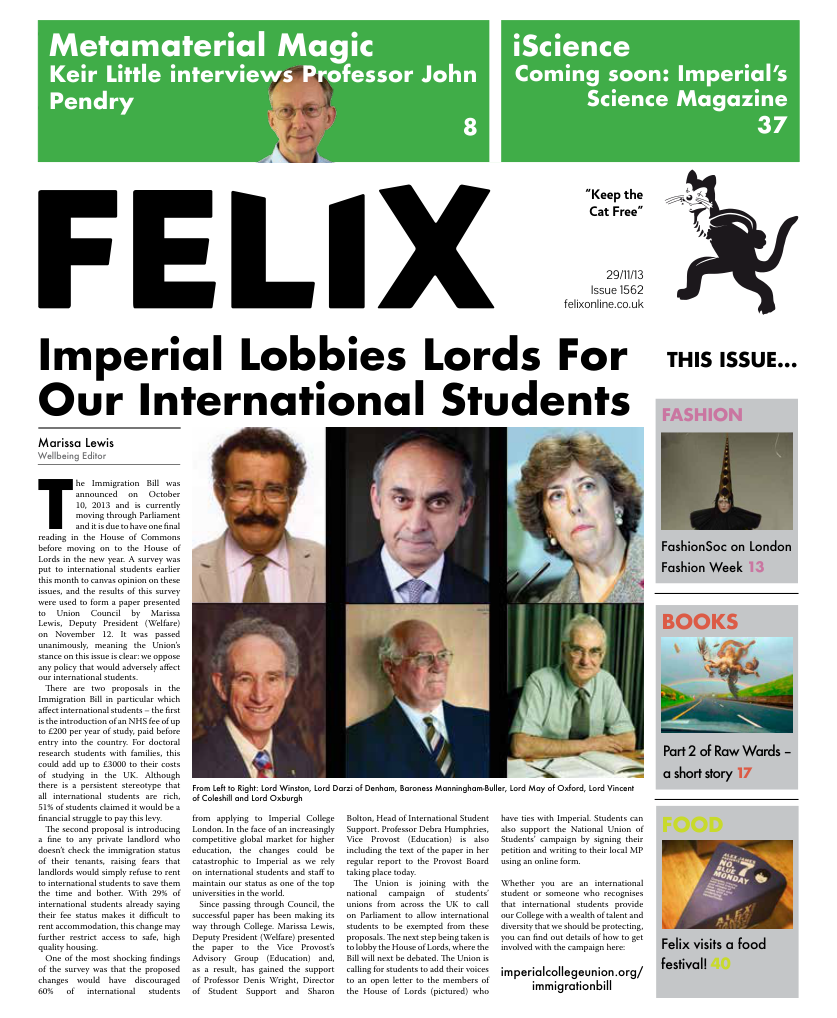A true modern masterpiece
Satyagraha has been lauded as a masterpiece of modern opera since its premiere in 1980. After witnessing it for myself, I can’t help but agree.
What: Satyagraha, with the English National Opera Where: London Coliseum, WC2 When: Until 8th Dec 2013 Price: various
Satyagraha has been lauded as a masterpiece of modern opera since its premiere in 1980. After witnessing it for myself, I can’t help but agree. This is not a conventional opera in any way, but an exciting chance to see what one of the greatest of contemporary composers has contributed to the evolving art form. As such, it’s important to approach with an open mind; the rewards are great.
Satyagraha, roughly meaning ‘force-truth’, is the word used to describe Ghandi’s philosophy of non-violent resistance, a concept which is very relevant today. Here there is no narrative or plot in the conventional sense; instead we are witness to a series of scenes which unfold and explore aspects of Satyagraha, and Ghandi’s personal journey.
The opera is sung entirely in Sanskrit, and no subtitles are provided – except for the occasional phrase projected on a wall – but this doesn’t detract, and instead adds a level of mysticism. Indeed, the whole performance has a mysticism to it. Philip Glass’ minimalist score is entrancing, and the beautiful imagery presented by Phelim McDermott’s “skills ensemble” is equally captivating.
As the sung text consists of repeated phrases from the Bhagavad Gita, there is little action; the actors are often stood still for long periods and use small but effective gestures to communicate. Still, a grand sense of movement, or perhaps of unfolding, is felt through the happenings on stage; giant creatures are constructed from bits of papier-mâché, a bird is born from sticky tape and a cloudy sky is magnificently turned clear blue. Almost every image presented is strikingly beautiful.
Phillip Glass, icon of the minimalist movement, has contributed a magnificent score, its repetition perfectly suited to the meditative nature of the work. Yet on a larger scale it is structured to provide a great sense of happening, and an authentic narrative emerges despite the near-endless repetition. In this sense the ending is particularly striking, as a sense of resolution is remarkably achieved. This is happens through a broadening of the tempo and fantastic use of colours in the orchestra. Meanwhile at other points dynamism and momentum are created through syncopated rhythms and odd compound timings.
The orchestra, under Stuart Stratford, handles all this with great discipline, stamina and occasionally flair, as does the choir, whose endless staccato repetitions are impressively carried. A great deal of work has obviously gone into balancing the orchestra with the singers on stage, as they are almost always perfectly audible and their words clear. Outstanding among these is Alan Oke in the role of Ghandi, who sings with a tenderness befitting the great man. The rest of the cast is superb, although Clare Eggington’s secretary was at times off-pitch in a very penetrating role.
There is little left to say. This beautifully meditative journey through one of the most extraordinary of humanity’s episodes needs to be seen by everyone.





